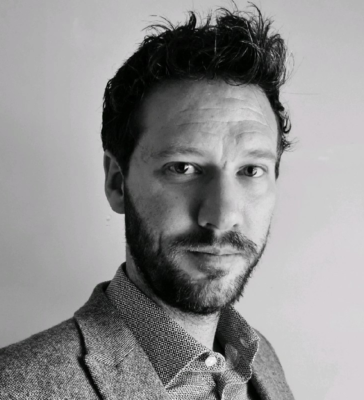
Alex Ratcliffe
Current Employer/Organisation Name
Department for Digital, Culture, Media & Sport
What have you been doing since leaving Exeter, and what are you doing now?
After graduating in classics and ancient history, I worked in a number of universities in programme management, strategy and planning roles. In 2017 I joined the Civil Service to work in the Department for Exiting the European Union in a planning and secretariat role. I currently work in the Department for Digital, Culture, Media & Sport advising ministers and senior stakeholders on government policy, strategy and ambition.
Why did you choose this career? And what do you enjoy most about your work?
I knew that I wanted to work in the public sector in a role promoting the values and benefits of culture, whether that be related to education, research or public policy. I wanted a role that had a good balance of intellectual stretch and social interaction. The Civil Service is a big employer and there are a good range of opportunities to explore and learn about new and interesting policy areas that affect the people and country around you.
Please tell us if you were a member of any societies, groups or sports clubs?
I was on the committee for the Classics Society.
What did you enjoy most about your programme and what was the biggest highlight?
I enjoyed learning about the ancient world and everything that it produced and has left us with today (whether that be via films, books, architecture or language). The Classics and Ancient History Department was a really social and friendly department, which made studying enjoyable as well as a mental stretch.
What did you enjoy most about studying here?
Great lecturers, meeting friends for life and lots of greenery outside the window for the less inspiring seminar topics.
Why did you choose to study at Exeter?
Its research ranking within the UK for my subject and the strong sense of community.
What skills and experiences have been most useful for your career?
The ability to read a lot of different sources, interrogate them and then present an issue or idea in a clear and logical way. Effective communication is vital in a large organisation where you need to collaborate and work with so many other people with different backgrounds and perspectives on delivering a project.
What advice would you give to a current student who wishes to pursue your career?
Think about what your employer wants to hear and how you can reassure them that you are the best person for the role. Translate your experience into transferable and general skills, don’t get bogged down in the content of your degree and listing every essay that you wrote or presentation that you delivered.
What are your plans for the future?
I am not completely sure. I will stay in the Civil Service for a while but ultimately I would love to direct a museum or lead a research institute related to the humanities.

